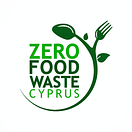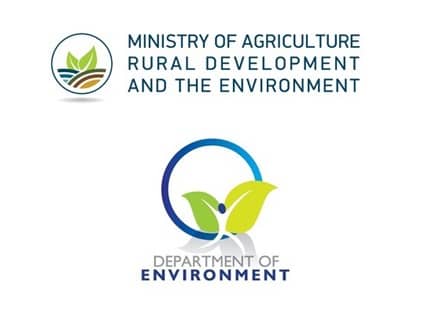The LIFE-IP CYzero WASTE project, developed by the Department of Environment and co-funded by the European Union, focuses on the prevention and optimal management of food waste in Cyprus. As part of Zero Waste Alliance Cyprus, we actively contribute to this effort through Action C4: Prevention of Food Waste Production, specifically Sub-action C4.3: Demonstration Actions to Prevent Food and Agricultural Waste.
Through this initiative, we bring together the expertise of multiple organisations to tackle food waste across key sectors. Our efforts are structured into three main targets:
🔹 Target 1: Strengthening Zero Food Waste Cyprus to increase food recovery from fruit and vegetable markets.
🔹 Target 2: Enhancing the Food Connect platform of Friends of the Earth Cyprus to reduce waste from the HORECA industry.
🔹 Target 3: Running awareness campaigns in Nicosia, Limassol, and Larnaca in collaboration with Let’s Make Cyprus Green and the Ecological Movement of Cyprus, focusing on household food waste prevention.
By addressing food waste at multiple levels, we aim to create a systemic impact that extends beyond the project’s duration, ensuring a more sustainable future for Cyprus.
Target 1 - Activities
To enhance our ability to recover surplus produce, we will acquire a second storage unit along with essential operational equipment to improve efficiency. This upgrade is expected to increase our weekly collection capacity from 400 kg to 550 kg.
A report was developed for participating market vendors, highlighting high-waste periods and the most discarded types of produce. The findings were shared to encourage better stock management and reduce supply-side waste.
We plan to install six compost bins to facilitate the composting of non-edible produce. Additionally, we will create educational materials on proper composting techniques and conduct workshops for volunteers and market vendors to ensure correct implementation.
Using existing research, we quantified the CO₂ equivalent emissions avoided by preventing food waste in local markets. This report also assesses the water savings achieved through our initiative.
A step-by-step guide will be developed based on interviews with initiative members and market vendors. This will document best practices, challenges, and solutions, making it easier to replicate the model in other local markets.
All collected food waste statistics are categorised and formatted into user-friendly reports. These are regularly shared with the Department of Environment to enhance transparency and inform future policies.




